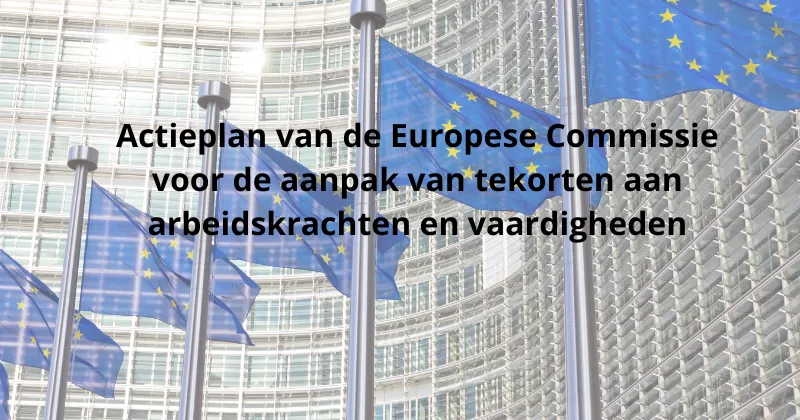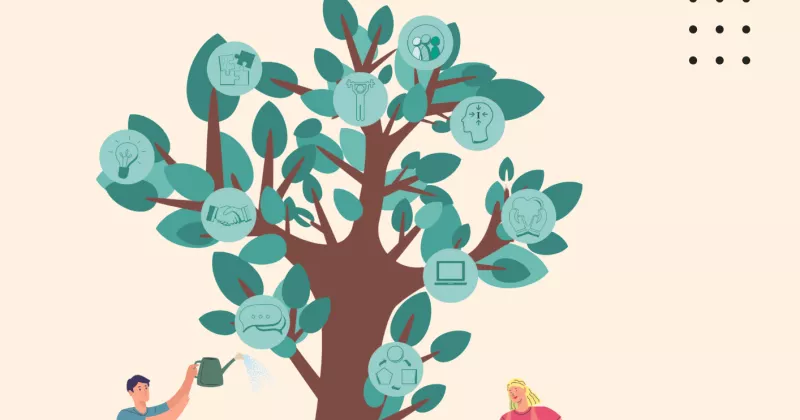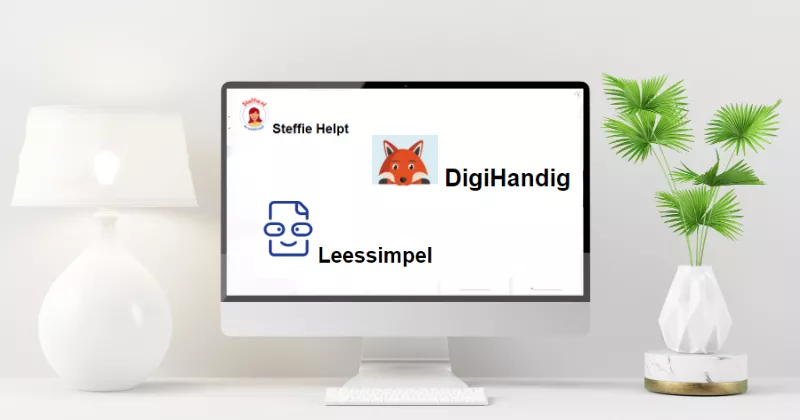Online learning: life on the open road or a wrong turn down a blind alley?


Online learning; beyond the revolution
Mention “the digital revolution” to a random conglomeration of educationalists and you will polarise your audience. The majority will identify with either of two factions; the Evangelical Zealots or the Luddite Reactionaries, with the remainder opting for a position somewhere along the agnostic scale. However, it’s only a question of time – and the window is closing fast – before any remaining detractors are dragged kicking and screaming from the wilderness that their real (or rather non-digital) world will become. Thereafter they will join us in the more densely populated, but infinitely more flexible, accommodating and democratic, virtual one.
This is inevitable because the focus of attention, sources of funding and innovative drive within education are gravitating towards the vast range of opportunities that eLearning has, and will continue to make, available. But we are merely scratching the surface at present. If the educational technologists/futurists continue to expand their digital empire at the current rate of growth, there seems little doubt that it will not only infiltrate, but colonise almost every aspect of our lives within a few years.
The shock of the new
However, it’s not necessarily the initial impact of a “revolutionary” technology that will indicate the degree to which it will, ultimately, influence our lives. The biggest bang is frequently experienced during the aftershock; the secondary and tertiary fallouts, and the potential impact they have on how we live. Attempting to foresee the likely knock-on effects of an innovative technology is prudent but problematic. However, any attempt to gauge technology’s potential potency should enable us to embrace the positives while preparing to mitigate the negatives.
The key factors are time and circumstance
The term “revolution” is a misnomer in this context, as it implies a single event; a rebellion, mutiny or act of insurgency carried out spontaneously and with a coherent, cohesive outcome. The so-called “digital revolution”, when considered within an educational framework, can be more accurately described as an “evolution”, as it consists of the ongoing bringing together of a series of technological developments, changing attitudes within society and an increased awareness of the need for alternative forms of educational provision.
And these are some of the factors that have contributed to the creation of the environment, which enabled the initial innovation to take place; and have allowed its ongoing development. In addition, circumstances have conspired to create a series of problems which require a solution that can be provided through eLearning:
- Universities have capacity issues which must be balanced against the cost of providing additional infrastructure; more students mean more lecture theatres, more academic and non-academic staff, and more service facilities
- In the UK, University fees were increased on the understanding that wider access would be made available; see above
- Contemporary students are looking for more flexible modes of study; the “one size fits all” pedagogy/andragogy is no longer fit for purpose.
- The concept of lifelong learning became a reality as an increasing number of non-school leaver learners looked to remain in work while upgrading existing qualifications or retraining in different disciplines in anticipation of a career change
- The global Recession caused a decrease in employment opportunities and more school leavers opted to stay in education; thus contributing to the problem of lack of capacity… refer back to my first point; it’s a vicious circle
These, and other currently unknown factors which will emerge in the future, will mean that the present iteration of our “digital revolution” will continue to evolve as technologies, attitudes and pedagogies. They will inform, influence and inspire each other and, crucially, those who seek to drive innovation.
The full version of this article can be accessed by following this link: “Online Learning: life on the open road or a wrong turn down a blind alley?”

Michael Stewart has extensive experience in the writing, directing and delivery of education programmes across a range of media. More recently as a member of the Board and management team of the Interactive Design Institute, Michael has fulfilled a wide variety of functions including the development of a pedagogy for online delivery, writing and editing of course materials for online delivery, international and domestic business development, the writing of resource materials and liaison with external bodies such as Scottish Enterprise, Scottish Development International and IDI’s shareholder body.




